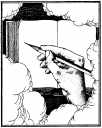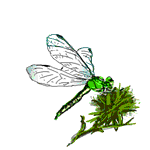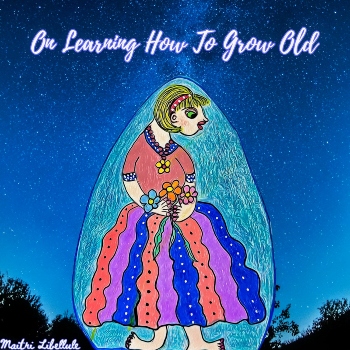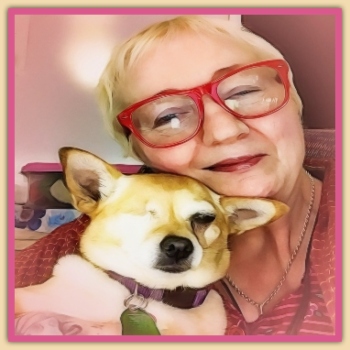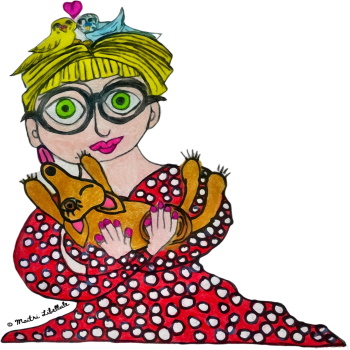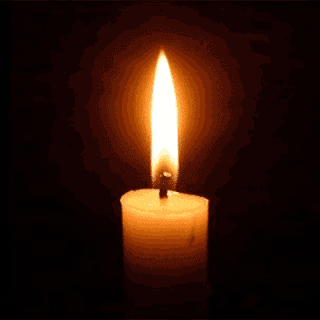“I have advice for people who want to write. I don’t care whether they’re 5 or 500. There are three things that are important: First, if you want to write, you need to keep an honest, unpublishable journal that nobody reads, nobody but you. Where you just put down what you think about life, what you think about things, what you think is fair and what you think is unfair. And second, you need to read. You can’t be a writer if you’re not a reader. It’s the great writers who teach us how to write. The third thing is to write. Just write a little bit every day. Even if it’s for only half an hour — write, write, write.”
― Madeleine L’Engle
My dear friend who also teaches writing and was a mentor and teacher for me nearly 4 decades ago challenged me, gently, about the fact that I keep saying that this writing that I teach on Sunday nights “is not creative writing.” She said of course it is creative writing, all writing is creative. Well, I take her point, surely, and there are certainly creative elements. But it is important for me to help people understand just what we do on Sunday nights. It is not a class that is designed to help people write poetry or short stories or a novel or those things that we think of as “creative writing.” The writing we do is a deep dive into our lives, is not especially easy, and is more in line with what Madeleine L’Engle means by “an honest, unpublishable journal.” We do timed writings, we don’t worry about spelling, punctuation, or grammar, and where we go with the writing we do is likely never going to be seen by another living soul outside of our class, and if you choose to read aloud, you do so privately, to our group alone. But if you want to do other kinds of writing it serves a purpose. It is both “unpublishable journal,” and it covers the dictum to “write, write, write,” and, I believe, as a writer who writes in various forms and genres, “a priori writing,” that which comes before all other writing. Let me explain.
As writers whose desire goes beyond the pages of our journals, no matter what kind of writing we do, fiction or non-fiction, poetry or prose, we must first examine what it is that we want to write about, what we have to say that we think matters enough to carry forward into other kinds of writing. When I guide people into the exercises that we do I am taking them places that they likely wouldn’t have explored on their own if they just sat down to write in their journals but which uncover what Virginia Woolf called “the diamonds of the dustheap.” About writing in her diaries Woolf wrote…
“I have just re-read my year’s diary and am much struck by the rapid haphazard gallop at which it swings along, sometimes indeed jerking almost intolerably over the cobbles. Still if it were not written rather faster than the fastest type-writing, if I stopped and took thought, it would never be written at all; and the advantage of the method is that it sweeps up accidentally several stray matters which I should exclude if I hesitated, but which are the diamonds of the dustheap.”
And if I did not say, “You’ve got 5 minutes, keep your hand moving, don’t stop to think, if you get scared, if your hair catches fire, keep writing. Go!” they might sit there staring at the blank page before them and not write anything at all. It’s like being pushed off a cliff and discovering that you do indeed have wings, that you can fly. 5 minutes, GO! You will very likely come up into worlds heretofore undiscovered, or looked at in a whole new way.
A priori. The writing that comes before. Before a novel, before a poem, before an essay. This is where we turn over the compost heap. And it is not my job to encourage you to write fun, lovely things about bluebirds and butterflies and how much you love to eat a ripe peach — though that kind of writing is quite pleasurable indeed — my job, as a teacher, as I see it, as I have always taught, is to say, “This might be hard, this might hurt, but if you don’t write this now you will never get to the other side. If not this now, you will not get where you need to go. If not, why not? If not now, when.” And so we dive in, and we write together with a kind of passion and energy we probably won’t sitting alone with a cup of coffee on a rainy morning staring out of the window. And when we are finished something will have shifted, will have changed.
After these classes you will have a notebook full of very rich, deep writings. You will have unearthed those diamonds of the dustheap Woolf wrote about. You can take a highlighter and read back through what you’ve written, highlighting those diamonds, those phrases that jump out at you, those places that are so alive they are vibrating on the page as if in neon. That is what you have to write about, those are the things you were born to say, to share with the world, and whether the nugget, the kernel of those phrases becomes a poem or a short story doesn’t matter. Once you really discover what it is that you have to say — and this becomes more clear as you show up and week after week after week, and no matter what the topic is, the same themes come up for you, more clearly each time you write — then your job, your task, as a writer become more clear.
It may seem, as you write a set of exercises in class with us, that there is no purpose behind what you are doing. It may feel like you are writing without a destination, but what you are doing is writing your way home to who you really are, right now, in this moment. The leitmotifs of your life appear and rise up off the page, the work that you are meant to do becomes more clear. We write, we keep on writing, and we end up exactly where we are supposed to be. It is already there inside you, already there and whole, but it can be hard to see it, and you won’t see it unless you begin to write, to write and write and write. It is not a journey without a destination, it is the only journey there is, the only one that matters, if writing is what you long to do with your whole heart and soul, whether you are doing it for yourself alone, or you want to take it into a novel. This writing will take you there.
This is what I teach, and why I teach the way that I teach. This is what you will get on Sunday nights. It may be the deepest work you ever do. It is an honor and a privilege to be with you in the journey.
If you are interested in joining us on Sunday nights please send me an email to: TheSundayNightWritingGroup@gmail.com. I am going to be using a MailChimp list to send out information about the group and I must have your written permission to add you to the list. Simply say “Please add me to the list” and give me the email address you would like to use plus tell me why you would like to join the group. This extra step is a security measure. For more information about The Sunday Night Writing Group click on the link herein.
The Experiment ~A 365 Day Search For Truth, Beauty &
Happiness: Day 1 ~ Introduction To The Project
“Do or do not. There is no try.”
Yoda

